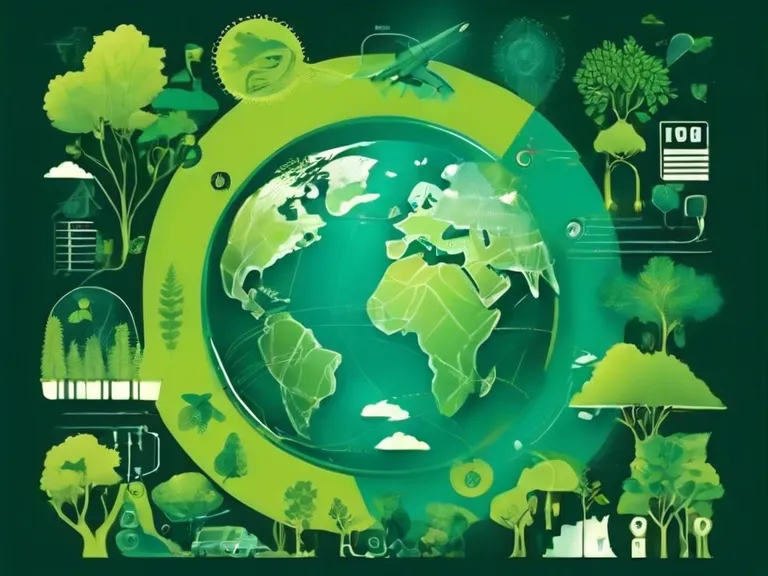
In recent years, the concept of sustainability has gained immense importance as individuals and organizations alike recognize the need to reduce their environmental impact. One key aspect of this movement is the shift from viewing waste as a problem to embracing it as a potential resource. Innovative practices are transforming the way we think about waste, turning it into valuable commodities and reducing the burden on our planet.
From recycling and upcycling to energy generation and composting, there are numerous ways in which waste can be repurposed into useful resources. For example, recycling paper and plastics not only reduces the amount of waste sent to landfills but also conserves valuable raw materials. Upcycling, on the other hand, involves creatively transforming discarded items into new products with added value, reducing the need for new resources.
Energy generation from waste is another promising area of innovation. Technologies such as anaerobic digestion and waste-to-energy plants enable us to convert organic waste into biogas or electricity, reducing greenhouse gas emissions and providing renewable energy sources. Composting is yet another practice that allows organic waste to be transformed into nutrient-rich soil, promoting healthy plant growth and reducing the need for chemical fertilizers.
These innovative practices are not only beneficial for the environment but also have economic advantages. By turning waste into resources, businesses can save on disposal costs, create new revenue streams, and enhance their sustainability credentials. Consumers are also increasingly demanding products and services that are environmentally friendly, driving companies to adopt more sustainable practices.
Overall, the shift from waste to resource represents a significant change in how we approach environmental issues. By harnessing the potential of waste and embracing innovative practices, we can reduce our impact on the planet, conserve valuable resources, and create a more sustainable future for generations to come.



